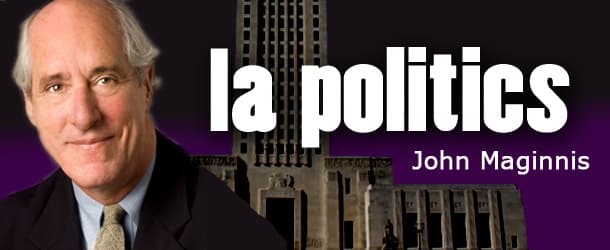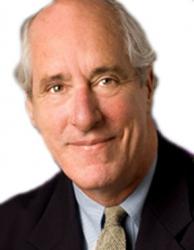It should be clear by now that, regardless of criticism and public opinion, Gov. Bobby Jindal is not going to change his mind about opting out of the expansion of Medicaid and not setting up state insurance exchanges under the federal Affordable Care Act. Similarly, Republicans in Congress can vote for a 41st time to repeal Obamacare and still not prevent it from taking effect next year. Despite the best efforts of their enemies, neither course is going to change, or change much, for now.
Jindal is not merely rejecting or ignoring the key tenets of President Barack Obama’s health care law, but, rather, he is building a competing model. By going his own way, the governor and his team could still achieve the same level of health care for the currently uninsured, but at a greater cost than by going Obama’s way, certainly in the short run.
For the good of those to be covered, it may be just as well that the federal government, and not the states, set up and operate the insurance exchanges. When the Jindal administration’s head and heart are not into doing something right from the start, the results can be like the waste- and scandal-ridden $750 million home elevation grant program, which was federally funded for the state to run, starting in 2008.
The more consequential difference between Obama’s and Jindal’s health care approaches is how to provide for 260,000 Louisiana adults in the coverage gap, who are eligible for neither Medicaid nor subsidized health insurance. The federal option is to issue all of them Medicaid cards that they can present to any doctor or hospital who accepts Medicaid patients. Jindal’s plan is for the uninsured to be treated at health facilities that, until recently, were part of the charity hospital system but now form the new state network of public-private partnerships.
It can be argued that the straight Medicaid expansion could be more disruptive to the state’s total health care system. It could lead to more workers dropping or being dropped from their employers’ insurance plans. If covered by Medicaid, more of the currently uninsured would not seek care at the partnership clinics and hospitals, but would go to other private or community hospitals. That could impair the development of the public-private partnerships, while overloading the waiting rooms of non-partner hospitals.
Prompted by Congress’ abrupt, deep cuts to the state’s Medicaid program last year, the Jindal administration speedily privatized the management of the formerly LSU-run clinics and hospitals by turning them over to non-public health care institutions in those cities. The same LSU doctors still work alongside many of the same staff, both under administrators from partner hospitals who live and work in the same communities. That mass of patients creates the best environment for training doctors and opens opportunities for managed care, which can lead to better health outcomes at lower costs. So the state has a stake in maintaining its system of public clinics and hospitals as it makes the transition to its public-private partnerships. But what does that stake cost?
The federal government would fully cover the cost of the Medicaid expansion for three years and pay for 90 percent in 10 years. Jindal argues that a decade from now that expansion will cost the state over $1 billion more than his model would. But critics say his claim is based on substantial future increases in Medicaid rates, which are far from certain.
This year, the state budgeted $263 million to draw down $411 million in federal matching funds to operate the public-private partnerships under the Disproportionate Share Hospital program, according to the Department of Health and Hospitals. Accepting the Medicaid expansion, starting midway through this fiscal year, would not relieve all of that state expense, but it would have allowed most of that money to be redirected to higher education or to other health care services, such as added home support for the disabled, which the governor vetoed in this budget. Many would question that investment, as well as the governor’s motives, but he does not waver.
At whatever cost and impact to the nation and the state, for at least the next three or so years to come, Obamacare and Jindalcare are destined to coexist in Louisiana, if not get along.















Comments are closed.